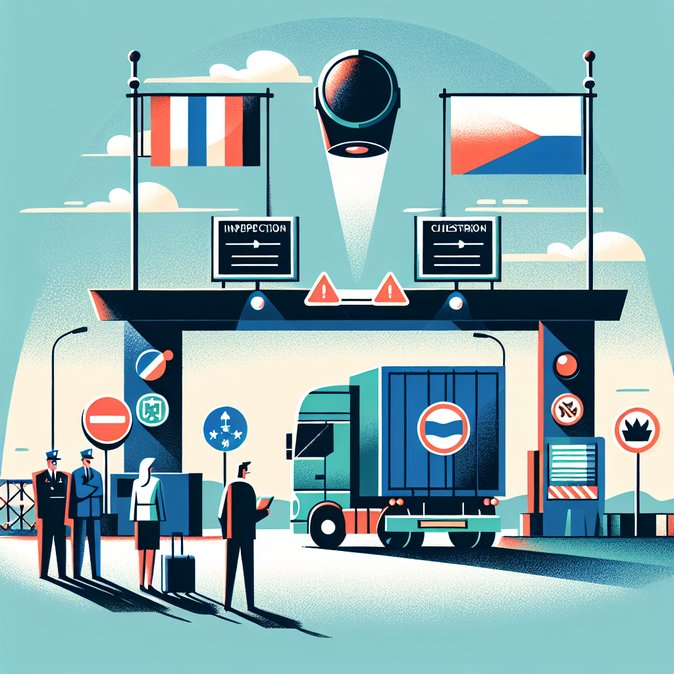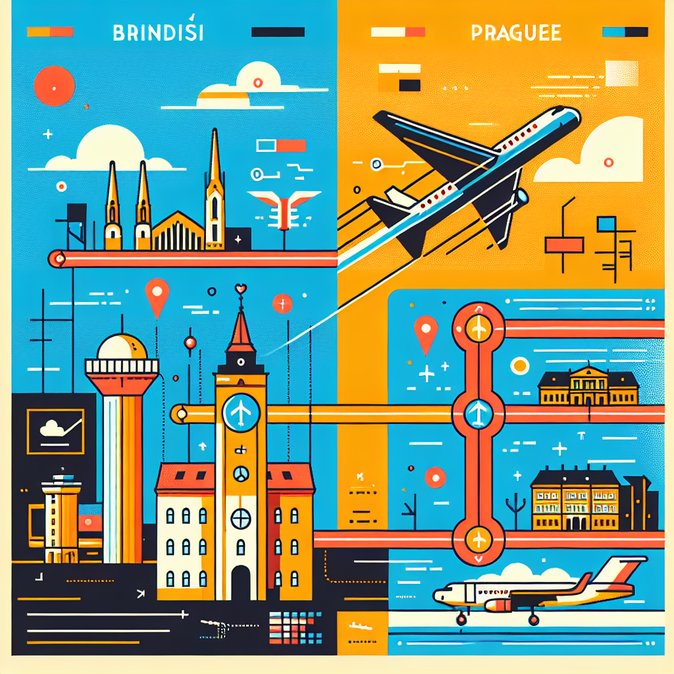
On 11 November Dutch authorities confirmed that temporary controls at the country’s internal Schengen borders will continue until 8 June 2026, citing irregular migration and cross-border crime. Although the checks focus on crossings with Germany and Belgium, Czech logistics operators moving goods to Rotterdam and Antwerp fear ripple effects on delivery times.
The Koninklijke Marechaussee will maintain risk-based inspections, but industry data show past delays averaging 15–30 minutes per truck and costing carriers up to €100 per hour. Czech exporters of automotive components and chilled food—sectors heavily reliant on just-in-time supply chains—warn that even minor disruptions can trigger production stoppages.
![Netherlands prolongs Schengen border checks—Czech hauliers told to expect delays]()
Mobility and travel managers should advise Czech drivers to carry passports, residence permits and assignment letters, as failure to present valid documents can lead to refusal of entry or administrative fines. Companies are also advised to build extra buffer time into schedules and monitor live traffic updates issued by Dutch and German road authorities.
The move underscores a broader trend: nine EU countries now run some form of internal border control. Prague freight association ČESMAD Bohemia is lobbying the Czech government to raise the economic impact at the next Transport Council, arguing that prolonged fragmentation of Schengen freedoms undermines the EU single market.
Beyond freight, business travellers flying into Amsterdam for connecting long-haul services may face spot ID checks in arrival halls. Travel coordinators should remind employees to keep passports handy even on intra-Schengen itineraries.
The Koninklijke Marechaussee will maintain risk-based inspections, but industry data show past delays averaging 15–30 minutes per truck and costing carriers up to €100 per hour. Czech exporters of automotive components and chilled food—sectors heavily reliant on just-in-time supply chains—warn that even minor disruptions can trigger production stoppages.

Mobility and travel managers should advise Czech drivers to carry passports, residence permits and assignment letters, as failure to present valid documents can lead to refusal of entry or administrative fines. Companies are also advised to build extra buffer time into schedules and monitor live traffic updates issued by Dutch and German road authorities.
The move underscores a broader trend: nine EU countries now run some form of internal border control. Prague freight association ČESMAD Bohemia is lobbying the Czech government to raise the economic impact at the next Transport Council, arguing that prolonged fragmentation of Schengen freedoms undermines the EU single market.
Beyond freight, business travellers flying into Amsterdam for connecting long-haul services may face spot ID checks in arrival halls. Travel coordinators should remind employees to keep passports handy even on intra-Schengen itineraries.


